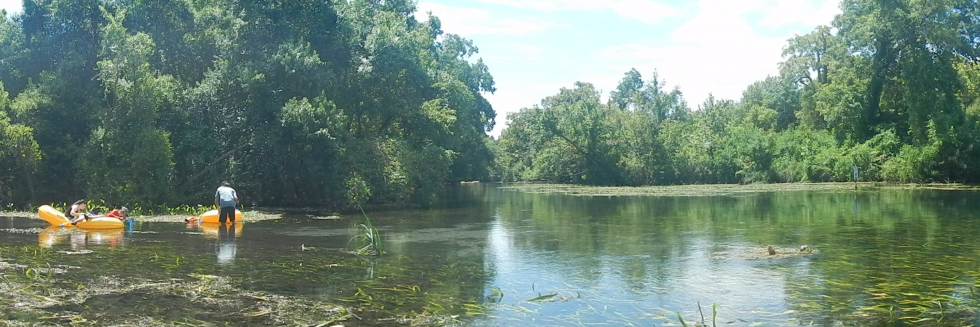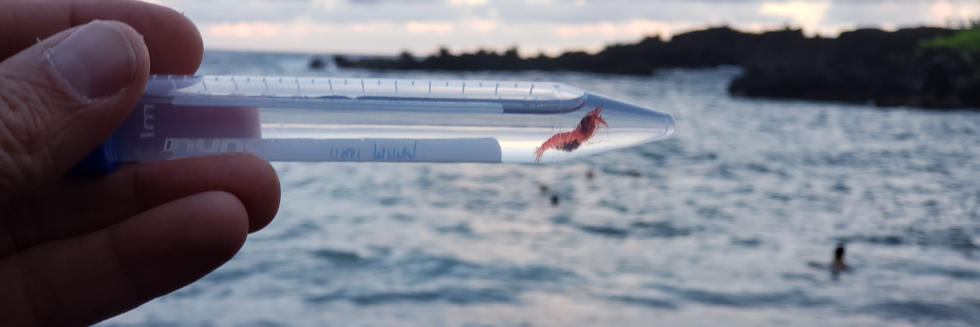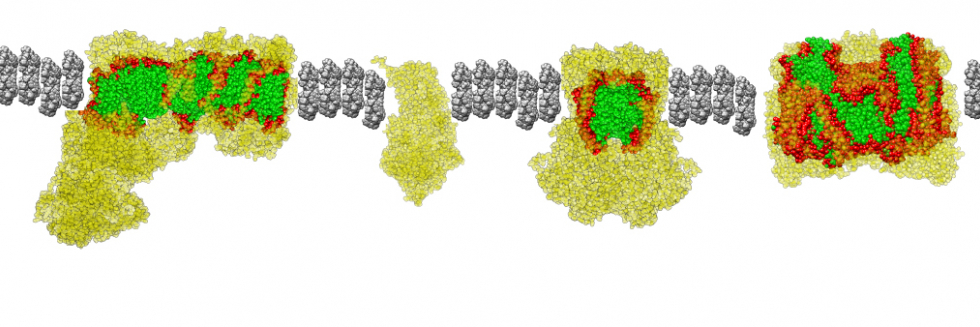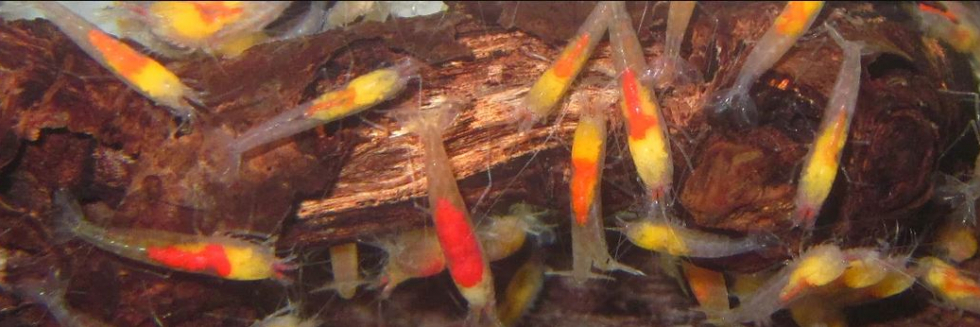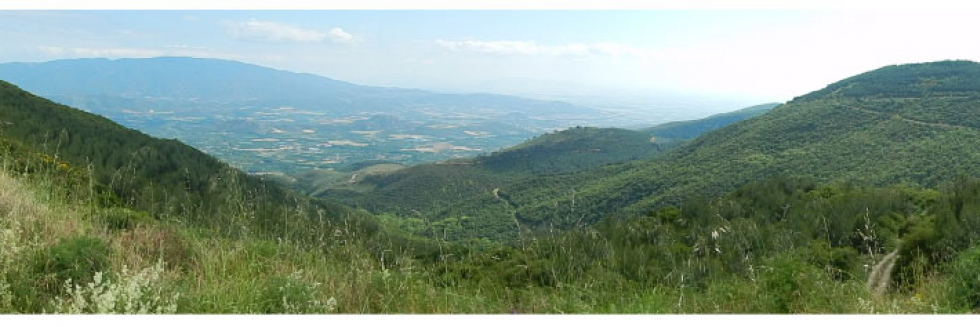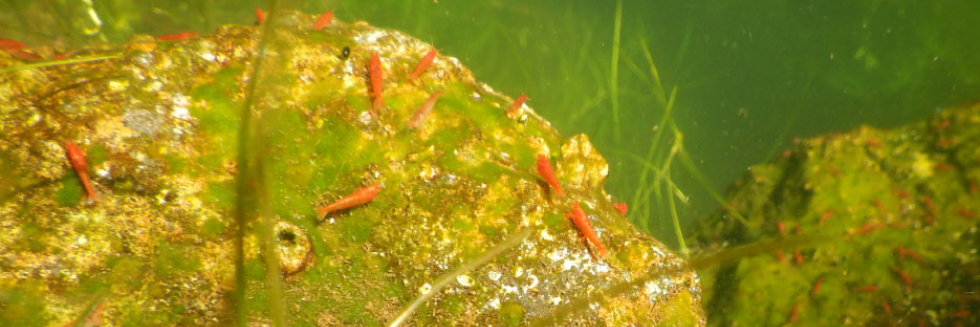Welcome to the Havird Lab!
Our research focuses on molecular evolution, genomics, and physiology using an integrative framework. Ongoing projects examine how the evolution of mitochondria and plastids influences key biological processes, including speciation, the origins of sex, and environmental adaptation. High-throughput sequencing, bioinformatics, and wet lab methods are typically used in our work to address broad evolutionary topics. Study organisms and habitats are diverse and currently include angiosperms, shrimps, aquatic insects, and fishes.
Our Work

Angiosperms with atypical rates of mitochondrial evolution (e.g., Silene species) are an ideal system to study coevolution with the nuclear genome

Anchialine habitats show extreme fluctuations in salinity and temperature
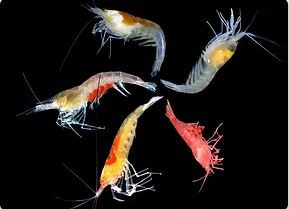
Anchialine shrimps are models for environmental adaptation and mitonuclear coevolution
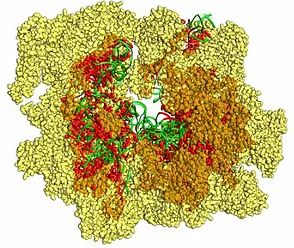
A model of the human mitoribosome, with nuclear-encoded residues in yellow, mitochondrial-encoded ones in green, and intergenomic contact sites in red

